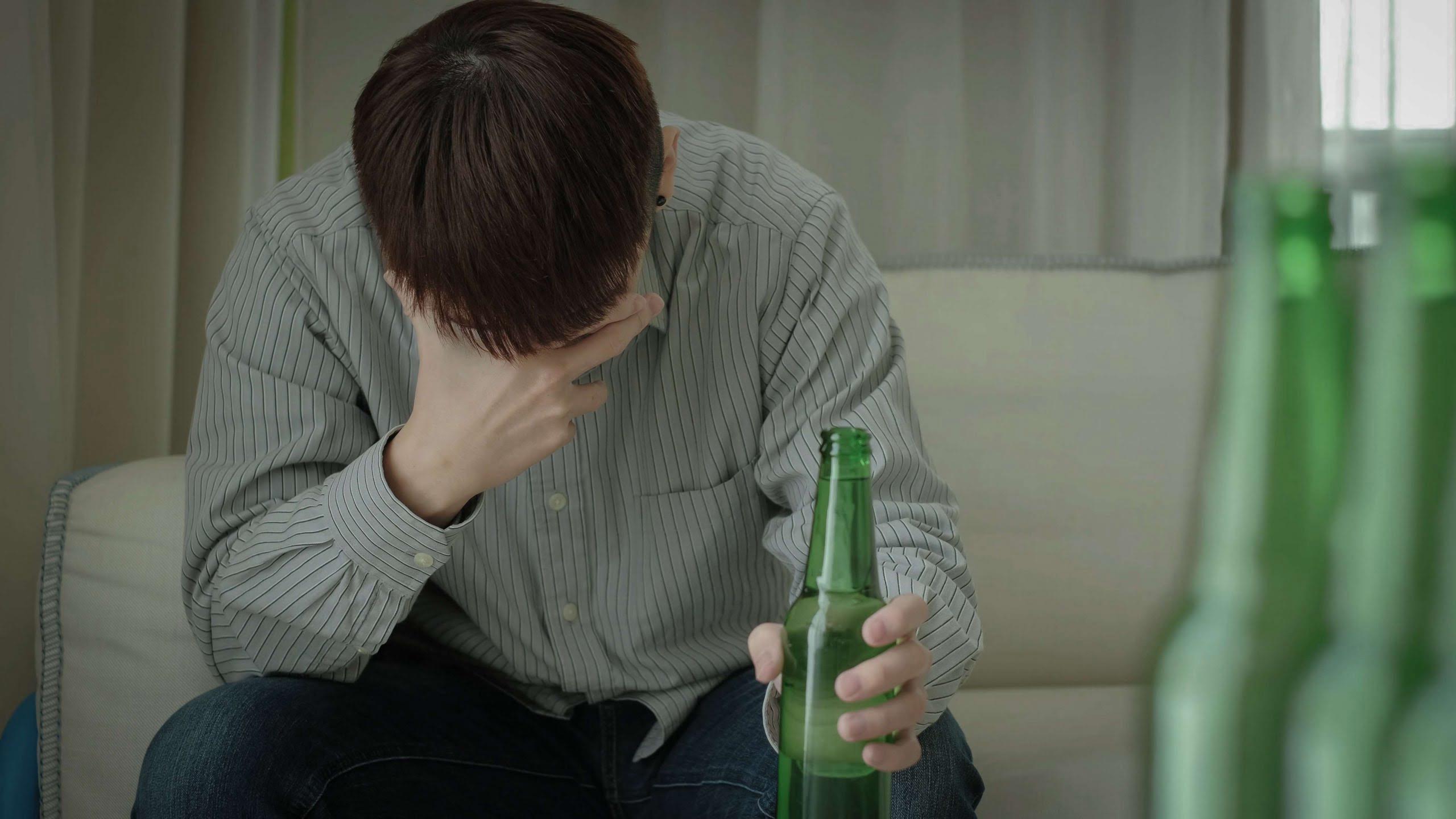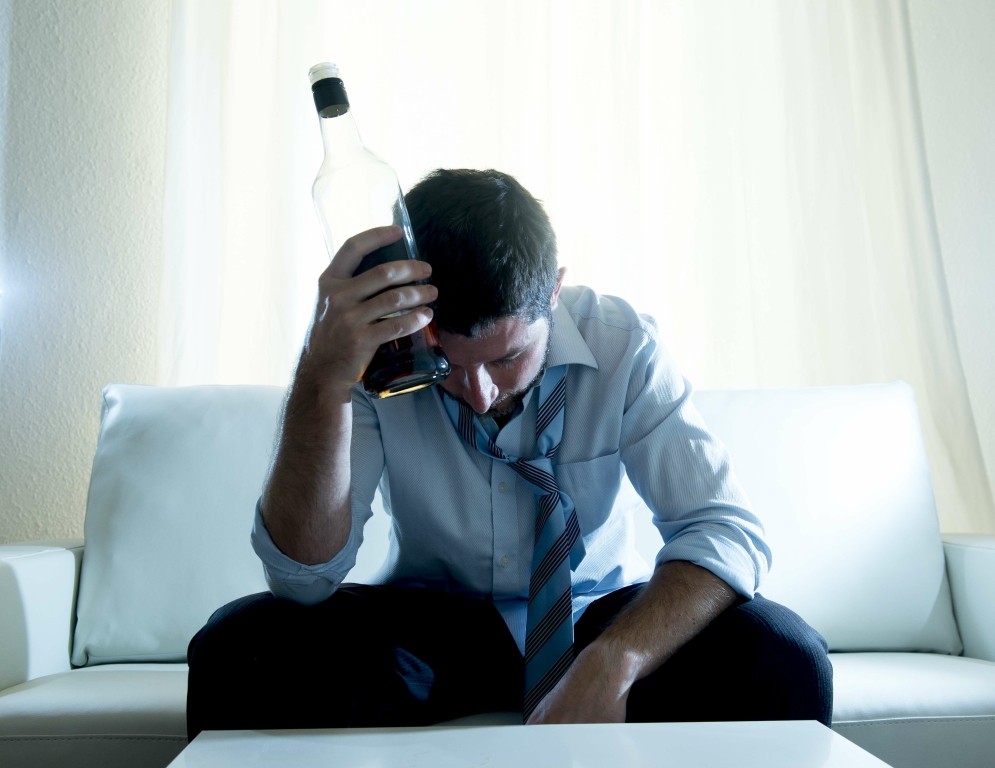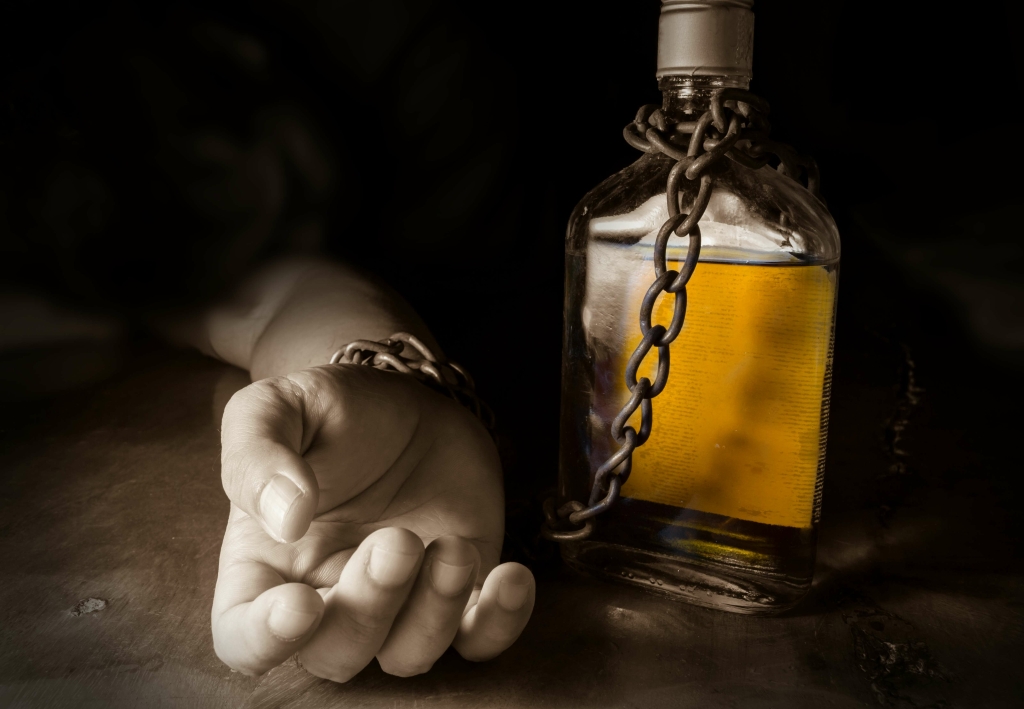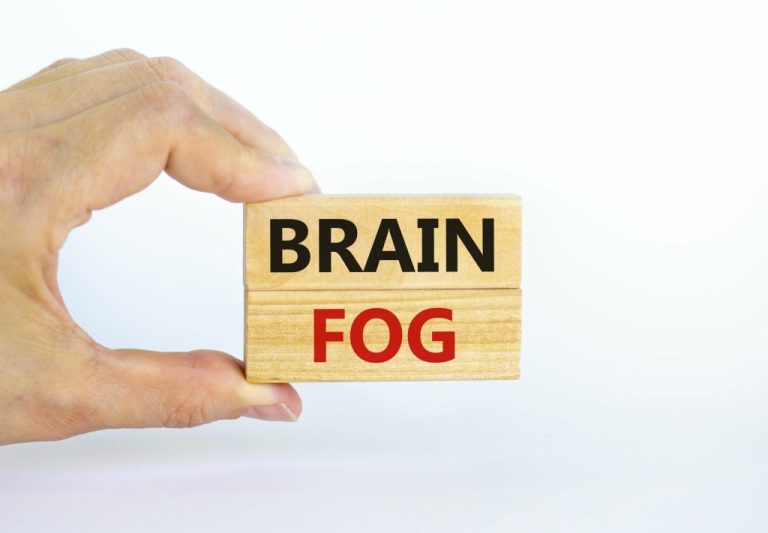But if you’re living with alcohol use disorder, drinking is more than a habit. People with alcohol use disorder can’t stop drinking even when it causes problems, like emotional distress or physical harm to themselves or others. If you feel that you sometimes drink too much alcohol, or your drinking is causing problems, or if your family is concerned about your drinking, talk with your health care provider. Other ways to get help include talking with a mental health professional or seeking help from a support group such as Alcoholics Anonymous or a similar type of self-help group. For my patients asking themselves “is drinking every night really that bad? ” I urge them to take a closer look at their habits, values, and the intersection of the two.
What Are the Effects of Drinking Alcohol Every Night?
This is easier to do at home, but you can try communicating your needs to the bartender or waiter. In times of stress, hardship, or loss, help your loved one find better ways to cope with negative emotions. If they’re going through a breakup or job loss, for example, be there to listen and assure them that things will get better. Instead of going to a bar where they can “drown their sorrows,” offer other alternatives, like taking a hike together or going on a road trip. In social situations where drinking is encouraged, you can give your loved one reasons to practice self-control. For example, if you and your husband are going to a party together, agree beforehand that he will be the designated driver.
- All of the environmental and social cues were to keep drinking, threatening to overpower the commitment and strategies that usually worked so well.
- While cow’s milk is currently the primary ingredient for yogurt, goat and buffalo milk were widely used in the past, and valued for the fat content (see buffalo curd).
Is Alcohol an Addiction or a Habit?
Because your body loses water through breathing, sweating, and digestion, it’s important to rehydrate by drinking fluids and eating foods that contain water. According to that study, people (professional bartenders included) unknowingly pour 20 to 30 percent more alcohol into short, wide glasses than tall, slender ones. If you’re going to drink, alternating between alcoholic and nonalcoholic drinks is a great way to limit your intake and keep you from getting sloshed.
- To stop drinking alcohol, you first need to understand your relationship with drinking.
- If you’re out for drinks and trying not to get drunk, it may be worth asking for your drink in a tall, narrow glass if possible.
- For some people, it can be helpful to wear something like a bracelet to always have a reminder on hand when you need it.
- It can also increase risk-taking behaviour and your chance of injury.
How To Quit Drinking Alcohol: 15 Tips From Someone Who Did It
- Frequently reminding yourself and the people close to you why you want to stop drinking can help keep you on track, and may even encourage someone else to give up or cut down with you.
- ” I urge them to take a closer look at their habits, values, and the intersection of the two.
Develop a calming morning ritual that includes a few minutes of mindfulness. This can help you get connected with your sobriety or moderation goal. Then, review your schedule for the day and identify any events or environments that are potentially triggering. This will give you the opportunity to prepare support ahead of time, rearrange your plans, or schedule something else to distract you from the urge to drink. If you are drinking alcohol every day and notice unpleasant withdrawal symptoms when you are not drinking, please do not stop drinking suddenly. It’s important you make contact with your local treatment service to arrange a safe, medically supervised detox.
There are many options for what to drink, but water is the best choice for most people who have access to safe drinking water. It is calorie-free and as easy to find as the nearest tap. So many other methods of quitting drinking put fear in your mind – warning of terrible “serious” symptoms of alcohol withdrawal. Looking to take on a sobriety challenge, like Dry January?

Oxytocin calms the stress response, and there’s evidence it curbs the urge to stress drink, according to a review of research. Spending time with friends may even help you live longer, other research has shown. If you feel comfortable doing so, discuss your challenges with your primary healthcare professional.

An intervention from loved ones can help some people recognize and accept that they need professional help. If you’re concerned about someone who drinks too much, ask a professional experienced in alcohol treatment for advice on how to approach that person. Unhealthy alcohol use includes any alcohol use that puts your health or safety at risk or causes other alcohol-related problems. It also includes binge drinking — a pattern of drinking where a male has five or more drinks within two hours or a female has at least four drinks within two hours. Binge drinking causes significant health and why can’t i control my drinking safety risks. But there are other drinkers, including some who are in the habit of drinking more than one or two drinks a day, who may be able to cut back or moderate their consumption and reduce their risk.





